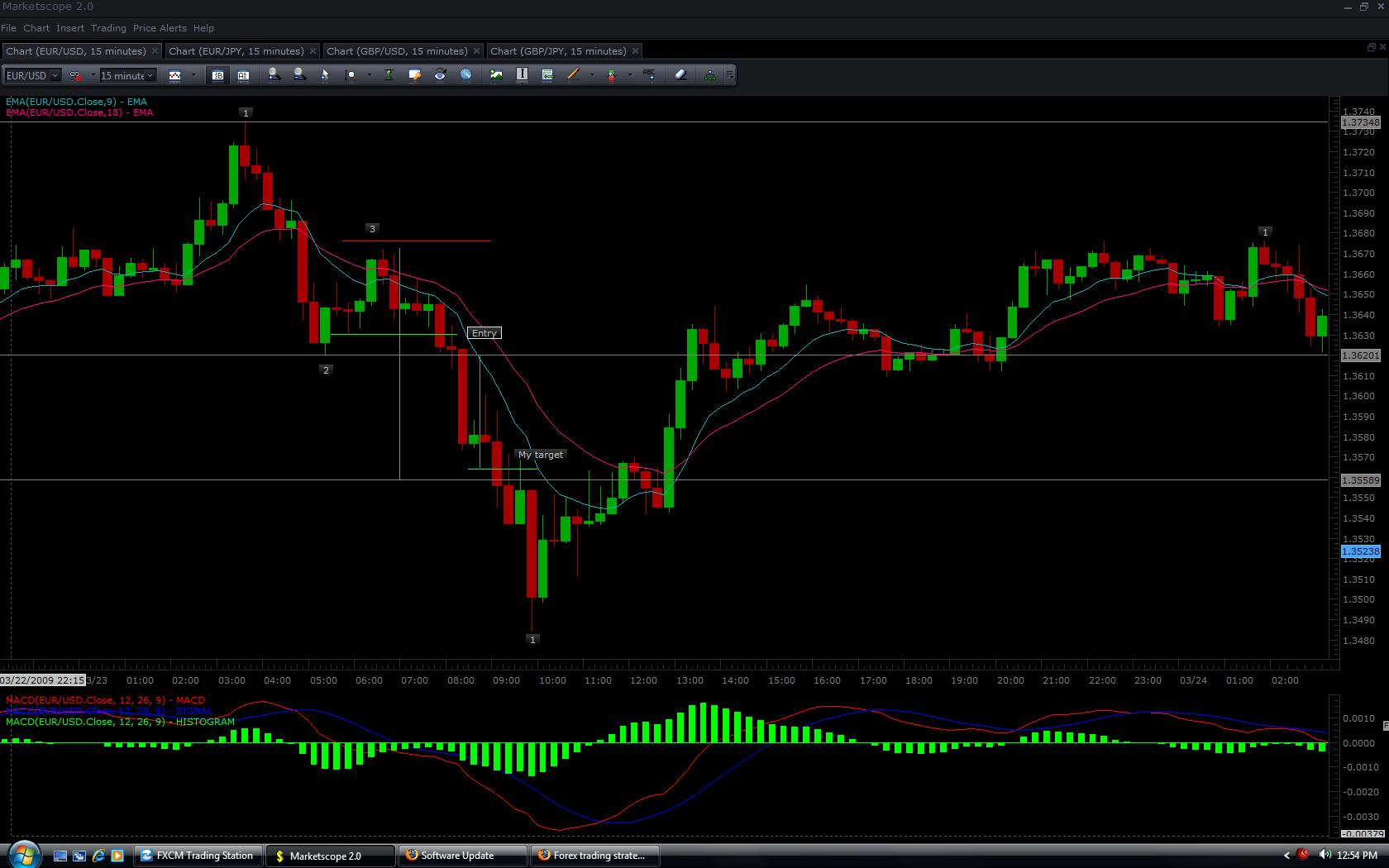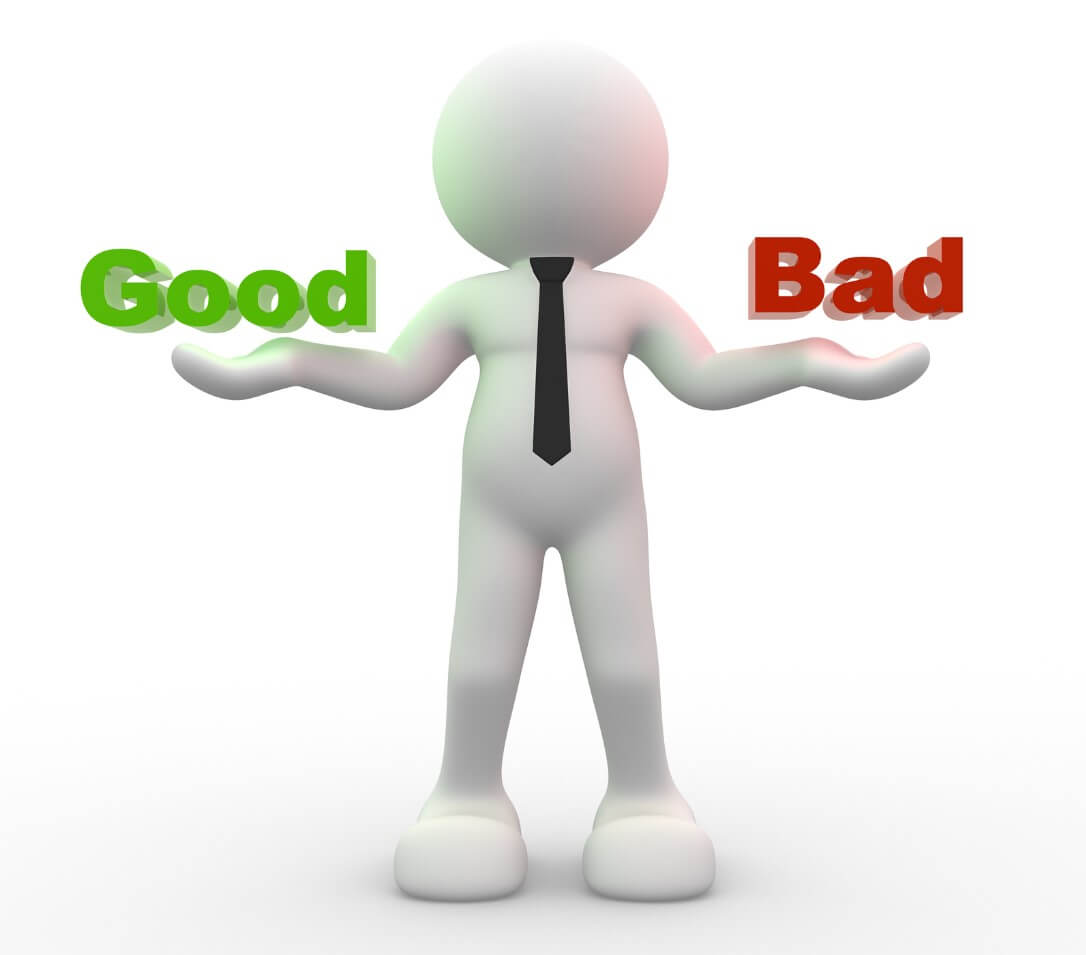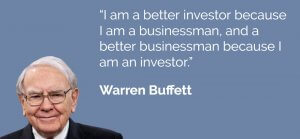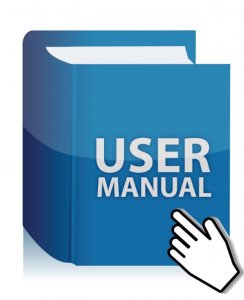People often wonder how successful traders get such good results doing forex and what they discover is often not quite satisfactory. Browsing through available sources on this topic, a great number of individuals expect straightforward answers which would guarantee immediate success. However, this may not always be possible. Many amazing forex traders out there earned their success through trial and error, attempting and failing over and over again. Do not let yourself underestimate the power of learning from making mistakes in the search for a better approach to do this type of business. Theory and practice ought to go hand in hand, completing each other to provide you with the best possible set of skills you could use in practice.
 Sometimes, you will not have the opportunity to find resources you may need, which only implies that you will need to come up with a solution yourself. It often happens that we are forced to become creative in our careers, which can eventually set you apart from the competition. What is more, if you are truly seeking to become an expert earning profit from forex trading, you cannot expect to always look for second opinions. Building your integrity and independence is simply essential if you are after professional and financial stability. Nonetheless, if you are new to this and you still feel shy to experiment, do not feel anxious – just keep exploring your options, take in as much information as you can, and most importantly stay focused.
Sometimes, you will not have the opportunity to find resources you may need, which only implies that you will need to come up with a solution yourself. It often happens that we are forced to become creative in our careers, which can eventually set you apart from the competition. What is more, if you are truly seeking to become an expert earning profit from forex trading, you cannot expect to always look for second opinions. Building your integrity and independence is simply essential if you are after professional and financial stability. Nonetheless, if you are new to this and you still feel shy to experiment, do not feel anxious – just keep exploring your options, take in as much information as you can, and most importantly stay focused.
If you feel that you have consumed a great portion of available material concerning forex and you still have a few unresolved questions lingering on your mind, then this is the place where we discuss what constitutes a good question and which ones belong the opposite group. However, let us first define what good and bad means in this respect, as these could be pretty vague categories in general. Since we are talking about business mindset and trading, a question considered to be good is naturally the one that could help you prosper in this market. Also, such questions are positive because they result from constructive thinking based on either the materials read or the real need to gain a different perspective on a specific issue.
Bad questions, on the other hand, are those which can hardly get you anywhere. In most cases, these typically consist of uninventive and unimaginative questions, which have probably already been discussed extensively in various media. Of course, the good-bad ratio is not black and white as we can all sometimes overlook some piece of information or simply happen to lack relevant experience, but the general advice is to always strive to immerse yourself in all types of learning as opposed to leaving an impression of a superficial, uninterested, or unprofessional individual. So, before you let yourself ponder any longer, make sure you set your ideas, impressions, and inquiries straight and align them with your ultimate objective – the goal of being a great trader and earning a profit as a result.
If you still, however, find it difficult to distinguish the good from the bad, consider the sample of commonly-asked questions and related explanations provided below. Note the questions asked are by amateur traders and are answered by a group of professional prop traders.
Bad Questions
Is hedging as a good strategy in forex?
In the world of investment, hedging is a term that denotes the practices money managers and investors apply to lessen and control potential risks. From the practical point of view, hedging could signify going long on a particular currency while also taking up the short position on the very same currency. Although this may sound like a contradictory approach, it actually grants some secure activity to forex investors doing very long trades during sluggish periods. However, despite its practical use, hedging naturally does not apply to all individuals involved with forex due to the fact that they are traders. Furthermore, these practices are not permitted in all places of the planet, and if you do not do your research properly, you may face significant problems in the United States, for example, where hedging is officially banned. What this further implies is that not only is this approach illegal in certain areas, but there are professional traders whose achievement never depended on hedging.
The rationale behind this example is that seeking answers should be backed up by very specific research. Besides, if you ever face a term which you have to do research on, start asking questions why that is so, rather than how to utilize it. Quite naturally, people across the world can have varying experiences as they rely on different methods at times; yet, why would you want to pursue an approach which thousands of forex traders do not really need? As portrayed by this sample question, putting effort into understanding some phenomenon, deriving genuine conclusions, and recognizing the fact that some questions may simply answer themselves can be crucial – both in some situations involving risk and as skills you may wish to develop and utilize in the future.

How do you approach the topics of supply and demand in forex trading?
While supply and demand are important terms in business in general, they hold little relevance in trading currencies, which is what forex is essentially about. The prices around which trading revolves are mostly determined by the direction of the majority and the reaction of the big banks. Therefore, trading has inherently very little to do with the notion of supply and demand in terms of meaning and importance they may have in other fields, which is truly a focal point for study, especially for all traders beginning their forex careers. Why this is deemed bad lies in the fact that there is a faulty belief constituting the question. To be able to grow in the world of forex is to delve into this topic, considering its true essence and all key factors regardless of some common business terms which occasionally have little to do with the notion of trading currencies.
Is TradingView as a charting platform useful for forex trading?
Traders can get very creative while exploring viable options for improving their trading careers, yet they sometimes rush to extend their selection of useful techniques and resources without having previously studied the available advice and stories on what has already rendered success in practice. In terms of charting platforms used in forex trading, MetaTrader 4 (MT4) and MetaTrader (MT5) are often praised for having the greatest number of indicators. Of course, searching for additional tools that could help you with trading is not bad itself, but why would you limit your options to a platform offering fewer indicators? As TradingView is frequently mentioned in the comments’ section in blogs and under videos discussing forex, a few other important ideas naturally arise.
While listening on what works best for growing your finances with forex is crucial, so is your ability to analytically assess whatever you browse through. Even when something is repeatedly mentioned or suggested in various ways, you need to take an objective standpoint to analyze whether something could be useful or not. In the case of TradingView, consider how many people try forex every year and, even if only a small percentage of them inquired about this particular platform, imagine how many comments there would be after a few years. Therefore, the quality of a charting platform is not determined by popularity, or design for that matter, but by its ability to give the highest number of indicators, which would naturally give you an immediate advantage.
How can I calculate the pip value on the ATR?
The question above concerns some of the most extensively discussed topics in the world of forex trading. You only need type pip value on the ATR in your browser to get an immediate response, in addition to numerous blogs, videos, and posts elaborating on this at length. While the search for the answer to this question does pinpoint to a degree of carelessness on the behalf of the inquirer, there may be some other reasons behind failing to understand something so widely discussed across various media channels. For example, a portion of traders may find the difference between yen and non-yen pairs quite challenging to figure out, but thankfully, there is always a way to get around this issue. As with trading with real money, demo trading can also give you some invaluable insights, especially when you fear that your lack of knowledge could hinder your growth.

After doing some very simple math, which you could first look up online, you can actually understand what an ATR value is indicating and use this knowledge to make a real profit. Consequently, traders have different ways to gather information at their disposal nowadays, and owing to practical tools, both those with and those without experience can now see whether the previously acquired information applies in reality. What we should never do, however, is expect to make a profit without at least putting some effort into research, which this question clearly signals.
How can I find a volume indicator?
Even though we may come across various questions which can vary in many ways, some questions are not really aimed at looking for answers the way we think. Some traders can get extremely anxious hoping to become successful in trading that they fail to acknowledge the importance of a learning process. Some other traders may, however, have ulterior motives, where they are not, in all honesty, asking for assistance to learn, but trying to win specific information which would save them time and effort. Although this is not illegal or forbidden, it does raise a few questions regarding integrity. Not only are there already numerous information pointing to obvious conclusions, asking someone to do your part of the job is not a way for anyone to start their own success story. This entire paragraph can boil down to this one key advice – learning is a process that undoubtedly takes time and energy, but it also pays off in time. The materials on forex trading which you may come across are not meant to prolong this period, but save you from having to learn the hard way. If you are truly intent on pursuing a forex trading career, be ready to patiently devote a section of your life without looking for shortcuts.
Good Questions
Can you recommend a broker?
Asking for a recommendation is always a good option because you can get some honest and clear response to your inquiry. Different video makers and blog/post writers sometimes comment on other people’s work, but what traders need to bear in mind when looking these up is that such recommendations can be affected by several factors. Depending on the degree of professionalism and knowledge, the recommendation you are receiving can be heavily reliant on personal opinions and potential deals between the involved parties, among others. Moreover, the recommendation may not involve actual money, which only proves how testing someone’s knowledge or skills did not take place before giving them a recommendation.
The traders’ task, as always, is to test whatever they see, comparing and contrasting the information they are presented with, so as to limit the damage as much as possible. As your knowledge and experience build-up, you will learn to spot the weak points and identify what is valuable in whatever source you turn to. That is why expansion to other markets outside the local one could be extremely beneficial – the more information and practical knowledge you possess, the faster you can profit from trading, especially if you start dealing with other assets, such as metals for example.
Would you recommend the use of divergence in trading?
If your prices are heading the other direction from the indicator, which is called divergence, you could gain some very useful information on the current trends. Divergence can be either positive or negative depending on the way a price is oscillating and, although it does signal some unusual activity, not all professional traders rely on this tool to determine how the prices will move. While thinking about trends and the interest foci is relevant, you can simply run a test trade with your demo trading account and see whether divergence could be of help to you in assessing a price’s momentum.
Would you consider automation or expert advisor (EA) based on a specific trading style?
With automation and EA available in the world of forex trading, the thought of having such a product custom made according to a successful system would definitely have its advantages – from simplifying trading to alleviating the difficulty of the challenges which traders face daily, to list a few. Nonetheless, automated trading can have its drawbacks unless properly designed; for example, news avoidance is said to be crucial because of its potential impact on the outcome of a specific trade. Although the existence of an automated product designed specifically for forex trading is not a matter of question or speculation, every trader at the beginning of their career should learn as much as possible before placing all their faith in a program without having learned how to be independent first.

If a received a signal to go short on GBP/CAD currency pair and another signal to long on the AUD/CAD one, should I opt for the first one?
If we compare the two currency pairs, we could see how the Canadian dollar is the one neutral currency among the three. The person who proposed this question probably assumed that the British pound is going to be weak because they received a signal to go short on the GBP/CAD. In addition, they could conclude that the Australian dollar is going to be strong since they received the long signal on the AUD/CAD. Based on these pieces of information offered by the system, they may be wondering if the best option would be to trade the strongest currency against the weakest one, going short on the GBP/CAD. While this may be inviting, the best advice here would be to do the two trades signaled by the system, without any alterations or deviations. What is more, going long on the AUD/CAD and going short on the GBP/CAD is in fact similar to going short on the GBP/CAD, which resembles a hedge to your advantage. Therefore, following the system’s indicators without overexposing to one currency is a secure way to enjoy trading currencies.
With such a great number of RSIs, should I test them all?
Despite the number of RSIs (the relative strength index), any professional trader would advise you to test all existing variations. Testing allows traders to learn how a tool or an approach works in real life, and many of the indicators discussed and used nowadays are in fact derivatives of the previous versions. Do not get uncomfortable testing an older RSI variation which has not been used for a while because any experience with a particular indicator could provide you with information you could use some time soon. Such versions may not serve the market of today, but with some adaptations, they can serve even present-day needs despite the fact that they were designed a few decades ago.
In the choice of good and bad questions, the focus was always placed upon a few important areas of concern. Browsing through materials discussing forex trading from the perspective of useful tools and strategies used in practice before is the one step every trader should do. This approach is supposed to prevent you from walking in the dark and needing to learn from your own failures. However, do not judge the age or the popularity of the materials, methods, or tools you come across, but run a demo trade and test how these work in reality. Furthermore, if you compare the good and the bad questions provided above, you will see that one of the main differences in the level of knowledge the inquirer possesses. If you are determined to make forex your career, then you cannot allow yourself to lack basic information.

Nevertheless, cramming theory is counterproductive, causing equal damage to the person who did not take time to assess various pieces of information they have gathered on this topic. Any development includes the necessary analysis stage, so by offering you the examples above, the text aimed to point out the differences between the questions which result from deep thinking about the acquired knowledge and the ones stemming from the lack of facts or original thoughts and insights. If you are a diligent and hard-working person, you will surely push against all limitations coming your way and, truth be told, this systematic approach is the only one that will help you succeed.
Sometimes you may feel that a particular question is blocking your progress, while it may not be the case in reality. Surely, the more self-reliant and independent you become, the faster you can prosper, and the best gift you can give yourself is honoring this process. Looking for information, searching for answers, reading, and watching everything and anything you can find on this topic, as well as applying analytical skills will allow you to get there faster than traders were able to a few years back. If you do want to become more involved in community discussions, as an avid reader and a conscious thinker, you are at a much better position of getting the questions right, thus gaining the opportunity to make a real difference while trading.
While blogs and video makers are eager to answer each of their follower’s questions, show respect by avoiding asking boldly for clues which should be your responsibility only. Such attempts at finding shortcuts reveal a mindset very different from the one prerequisite to forex trading, which naturally requires patience and focus. If you continually get proof that forex is not the best choice for earning money for you, there are plenty of other options you could choose, such as stock market trade. Whatever you do, hence, should involve clear thinking and asking the right questions. There’s no such thing as a stupid question, but consider what your choice of question is saying about you as a forex trader.





